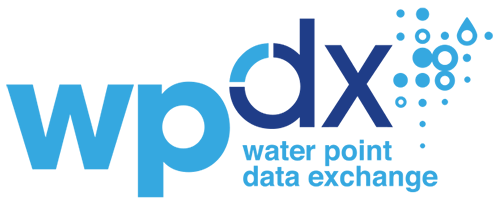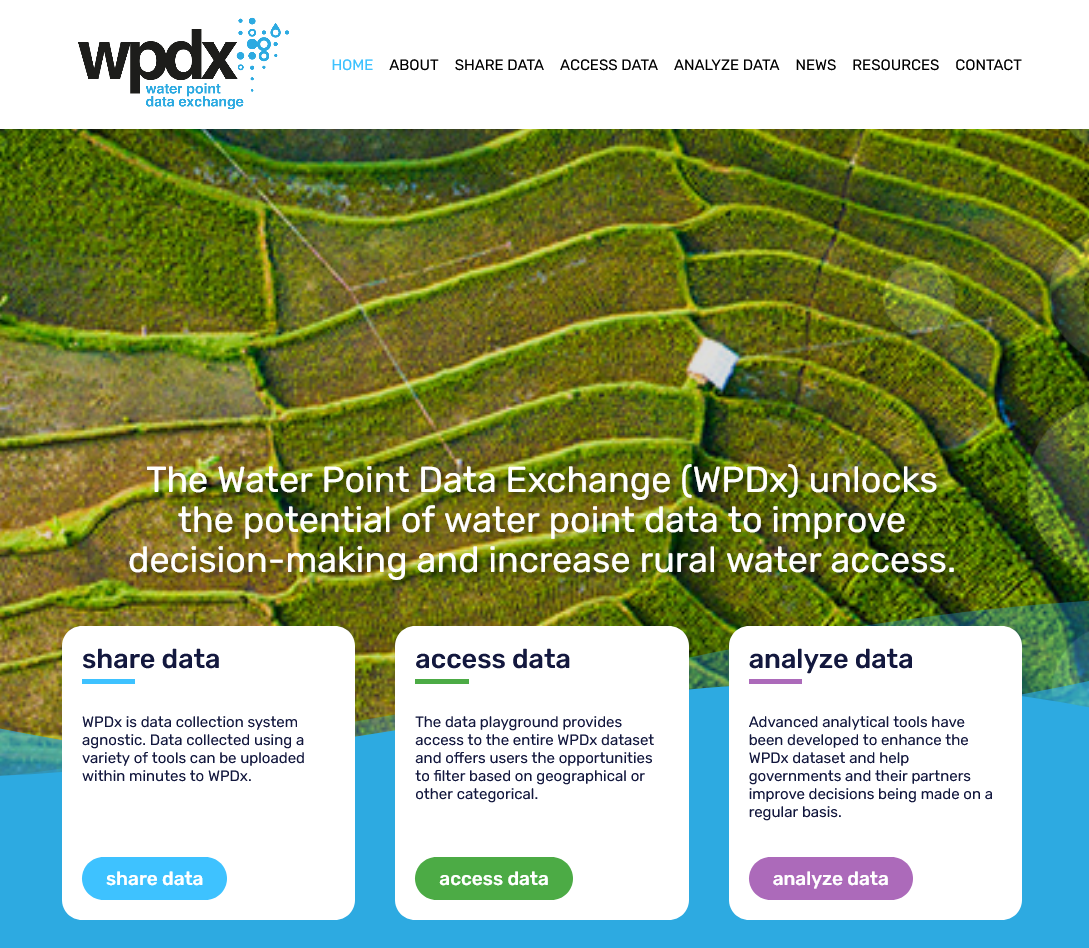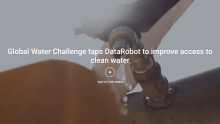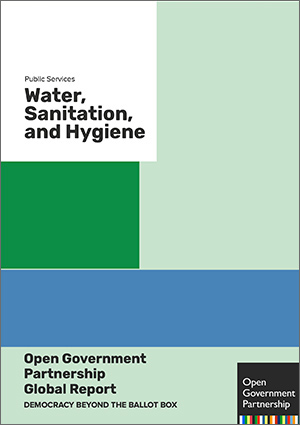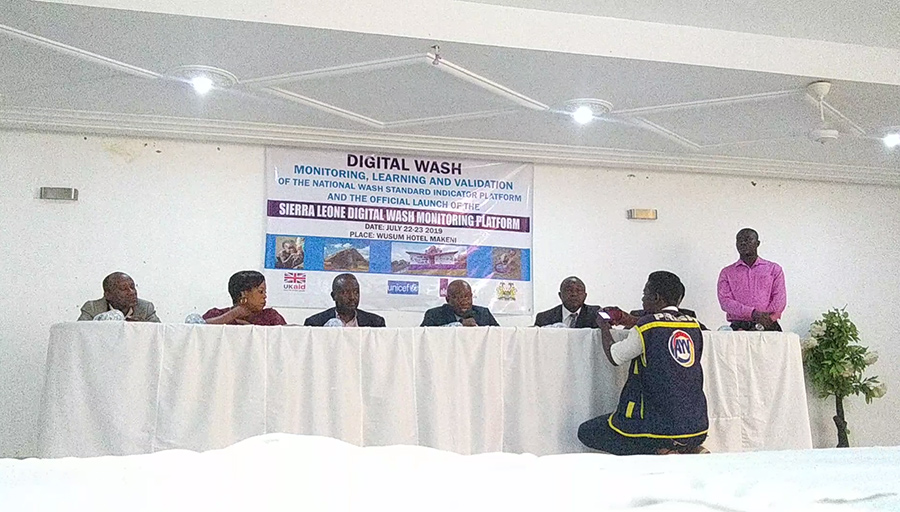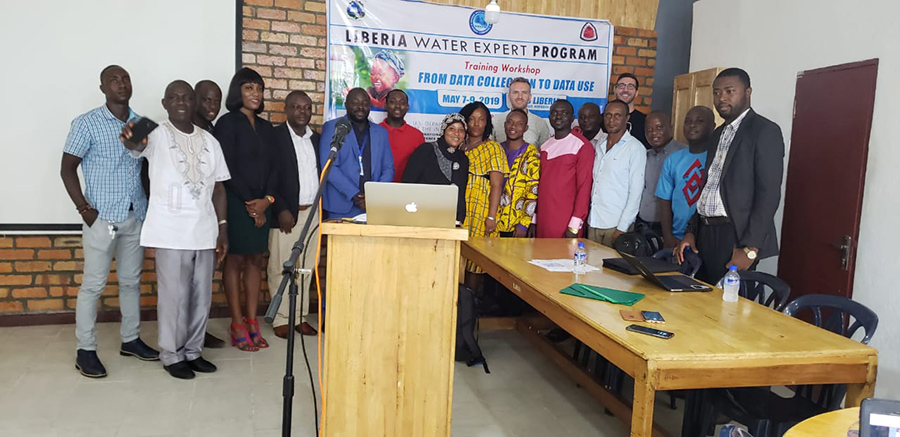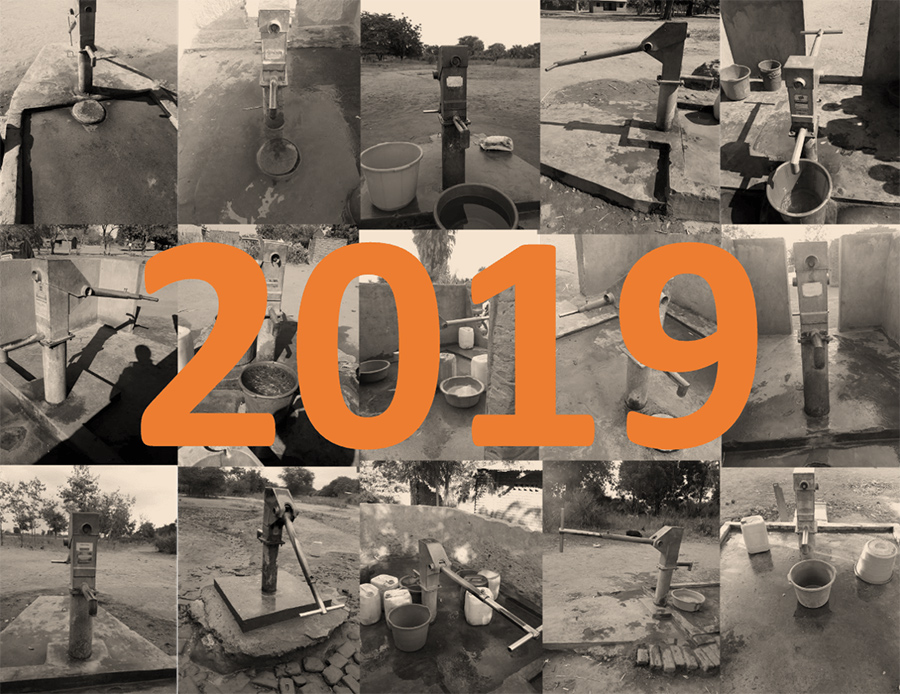In November 2020, WPDx launched a re-designed website to make it even easier to for users to share, access and analyze water point data.
A key feature of the new site is a new and improved “ingestion engine” which simplifies the process for sharing data with WPDx. The ingestion engine can accept data through a direct file upload or through a connection to a URL or API endpoint in any of the following formats: csv, xls(x), Google Sheets, JSON, or HTML table. After an organization has reviewed the data standard, the upload process can be completed in minutes.
Please check out our step-by-step how-to guide and short video for more information on how to share data with WPDx today!
